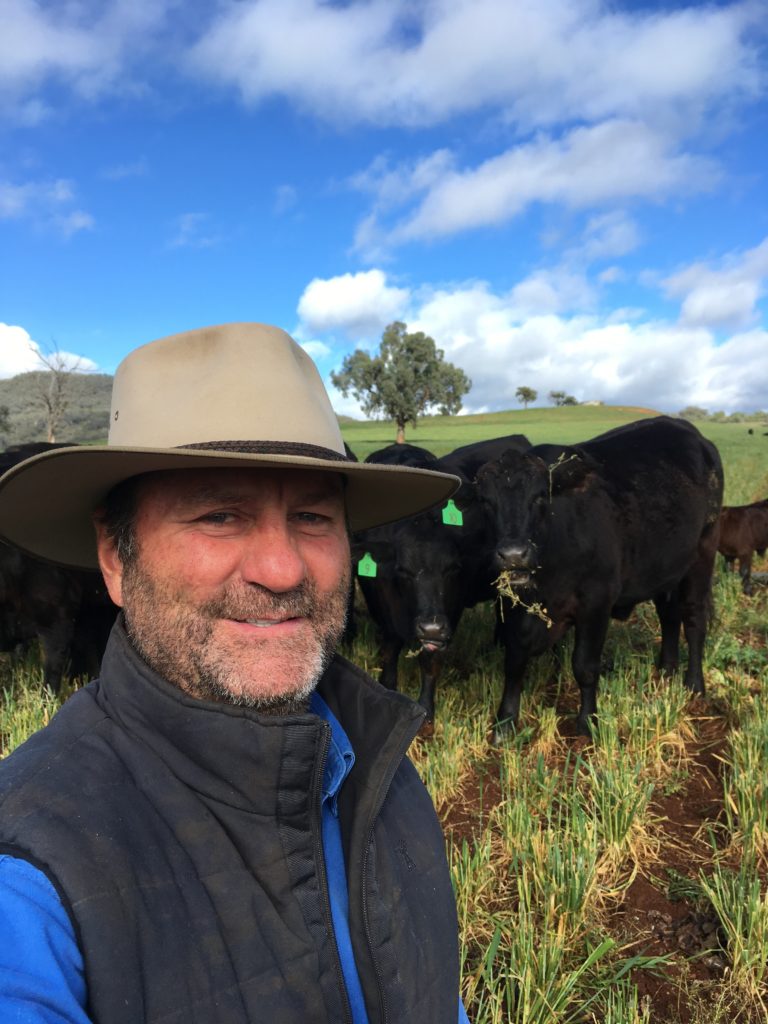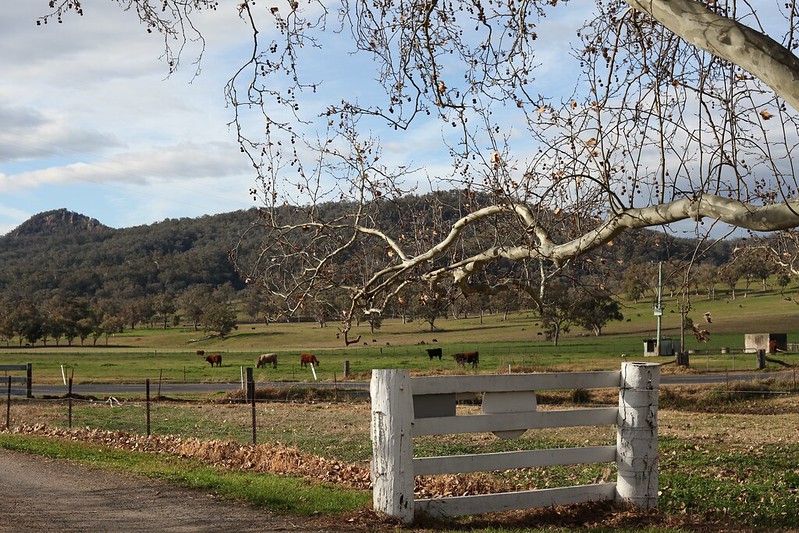The epic legal battle to protect the pristine Bylong Valley from a massive new coal mine has been won, after the High Court today declined to hear an appeal by the proponent.
It means South Korean company KEPCO has exhausted all available legal avenues to challenge a 2019 decision by the Independent Planning Commission (IPC) to refuse the Bylong Coal Project.
The case, dubbed a ‘David and Goliath battle’, saw EDO client the Bylong Valley Protection Alliance (BVPA) take successful defensive legal actions to preserve the scenic valley, before the IPC, the NSW Land and Environment Court, the Court of Appeal, and the High Court of Australia.
More about this case
In October 2021, the government-backed company KEPCO sought special leave to appeal to the High Court in a final bid to overturn the refusal.
Today, the High Court has declined to grant special leave to hear KEPCO’s appeal – a decision based on written submissions, including those by the BVPA, without the need for an oral hearing.
Bylong Valley Protection Alliance president Phillip Kennedy said:
“KEPCO must not submit a revised project, it must not delay, it must only sell its land back to the farming families of Australia and leave the Bylong Valley for good.
“This company has been told it cannot build its mine by the Independent Planning Commission and three courts, including the highest court in the country.
“The Bylong Valley community only wants some certainty, and we’re looking forward to that with this win. We want to plan our future on our farms, and we look forward to continuing to supply Australians with food, fibre, and fodder from an agricultural powerhouse with the best soils in the country.”

EDO Managing Lawyer Rana Koroglu said:
“The battle to protect the beautiful Bylong Valley from this coal mine is over.
“We could not be more delighted for our clients, the Bylong Valley Protection Alliance, who have dedicated years of their lives to challenging this destructive and inappropriate coal mine proposal.
“The IPC’s decision to refuse this mine was sound. It was based on the evidence and the science, including evidence about the ‘problematical’ greenhouse gas emissions. The decision was tested to its limits and in every appeal the IPC’s decision has been upheld, defended by the EDO and BVPA.
“It means the IPC can be assured that an evidence-based decision to reject these kinds of destructive fossil fuel projects in the future is legally supported.
“This project would have generated over 200 million tonnes of greenhouse gas emissions. It would have been an affront to global efforts to limit climate change, particularly when South Korea itself has recently made strong commitments to reduce its greenhouse gas emissions.”
The Legal Battle for Bylong

In September 2019, the NSW Independent Planning Commission found the Bylong Coal Project was contrary to the principles of ecologically sustainable development, citing impacts on groundwater, climate, agricultural land and aesthetic, scenic, heritage and natural values in its Statement of Reasons for the refusal.
Acting for the Bylong Valley Protection Alliance, EDO lawyers had presented the Commission with expert evidence, including on the mine’s climate change impacts. In its Statement of Reasons, the Commission said that the greenhouse gas aspects of the project were ‘problematical.’
KEPCO applied for judicial review of the refusal decision in December 2019.
While the IPC declined to defend its decision on the basis it may compromise its impartiality, in May 2020 the Bylong Valley Protection Alliance successfully applied to become a full party to the judicial review, represented by EDO.
The judicial review was heard in the NSW Land and Environment Court in August 2020 and in December 2020, KEPCO’s appeal was rejected.
A further appeal against the NSW Land and Environment Court decision was lodged by KEPCO in March 2021 and was heard by the NSW Court of Appeal on 25 August 2021.
The Court of Appeal unanimously rejected KEPCO’s challenge in September 2021, prompting KEPCO to seek special leave to appeal to the High Court the following month.
The High Court refused KEPCO’s special leave application in February 2022, bringing the matter to an end.





